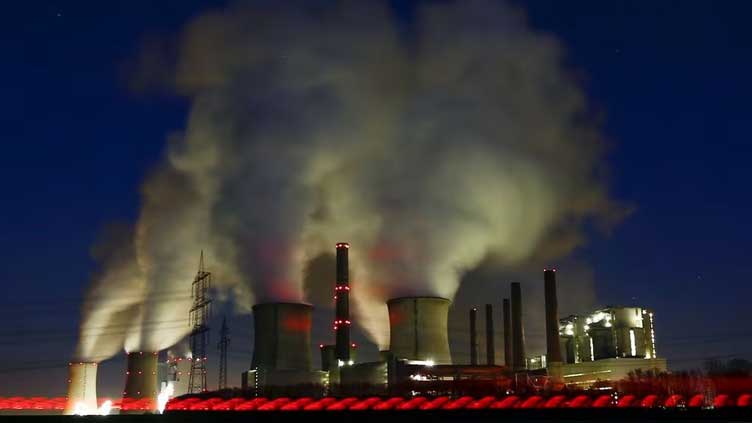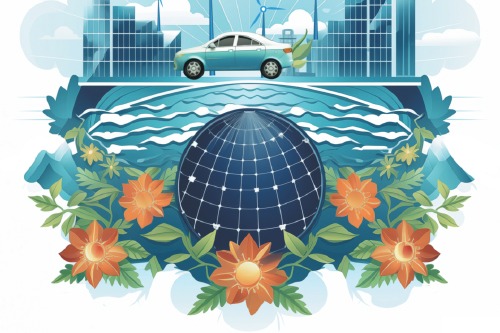Germany, France, the Netherlands, and four other European countries join forces to eliminate CO2-emitting power plants from their electricity systems.
Ambitious Pledge for a Greener Future
In a groundbreaking commitment, seven European countries, including Germany, the Netherlands, and France, declared their intent to phase out CO2-emitting power plants from their electricity systems by 2035. This significant step represents a collective effort toward a carbon-free power sector.
Pledge Overview and Countries Involved
The pledge was made by EU member states Austria, Belgium, France, Germany, Luxembourg, and the Netherlands, along with non-EU member Switzerland, which aligns itself with certain EU climate policies. Collectively, these nations contribute to nearly 50% of the EU’s power production, with Germany and France being the largest power producers in Europe.
Accelerating Climate Goals
The countries emphasized that existing EU climate measures were already on track to lead Europe toward a nearly CO2-free power sector by 2040. However, by uniting to move faster, these nations aim to collaboratively plan infrastructure, ensuring the development of sufficient grids and energy storage to integrate large amounts of low-carbon power and facilitate cross-border energy flow.
Current Renewable Energy Landscape in the EU
European Environment Agency data from 2022 reveal that the EU derived 41% of its electricity from renewable sources. However, the carbon intensity of power generation varies significantly among member countries. While Austria already sources over 75% of its electricity from renewables, France relies on CO2 emissions-free nuclear power for approximately 70% of its power. In contrast, Poland has the highest CO2-intensive power production in the EU due to its significant reliance on coal.
Path to Decarbonization by 2035
According to modeling by think-tank Ember, it is feasible for Europe to achieve nearly carbon-free power generation by 2035, with wind and solar contributing up to 80% of electricity. This transition would require upfront investments of up to €750 billion in renewable sources and grids. However, Ember suggests that by 2035, countries would realize cost savings compared to current plans, thanks to significantly reduced fossil fuel expenses. This ambitious commitment signifies a substantial leap toward a sustainable and eco-friendly energy landscape in Europe.
Source:dunyanews.tv





